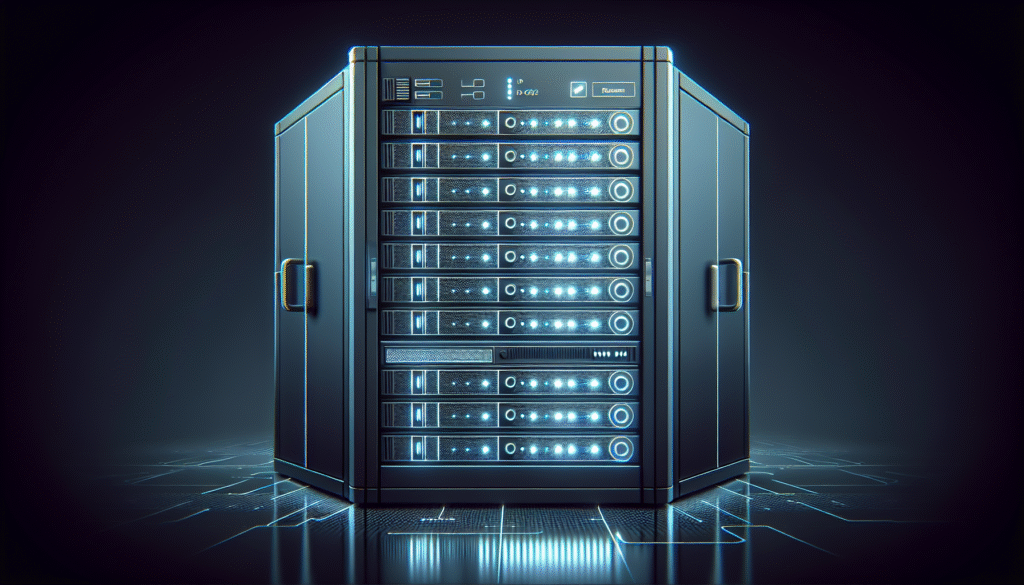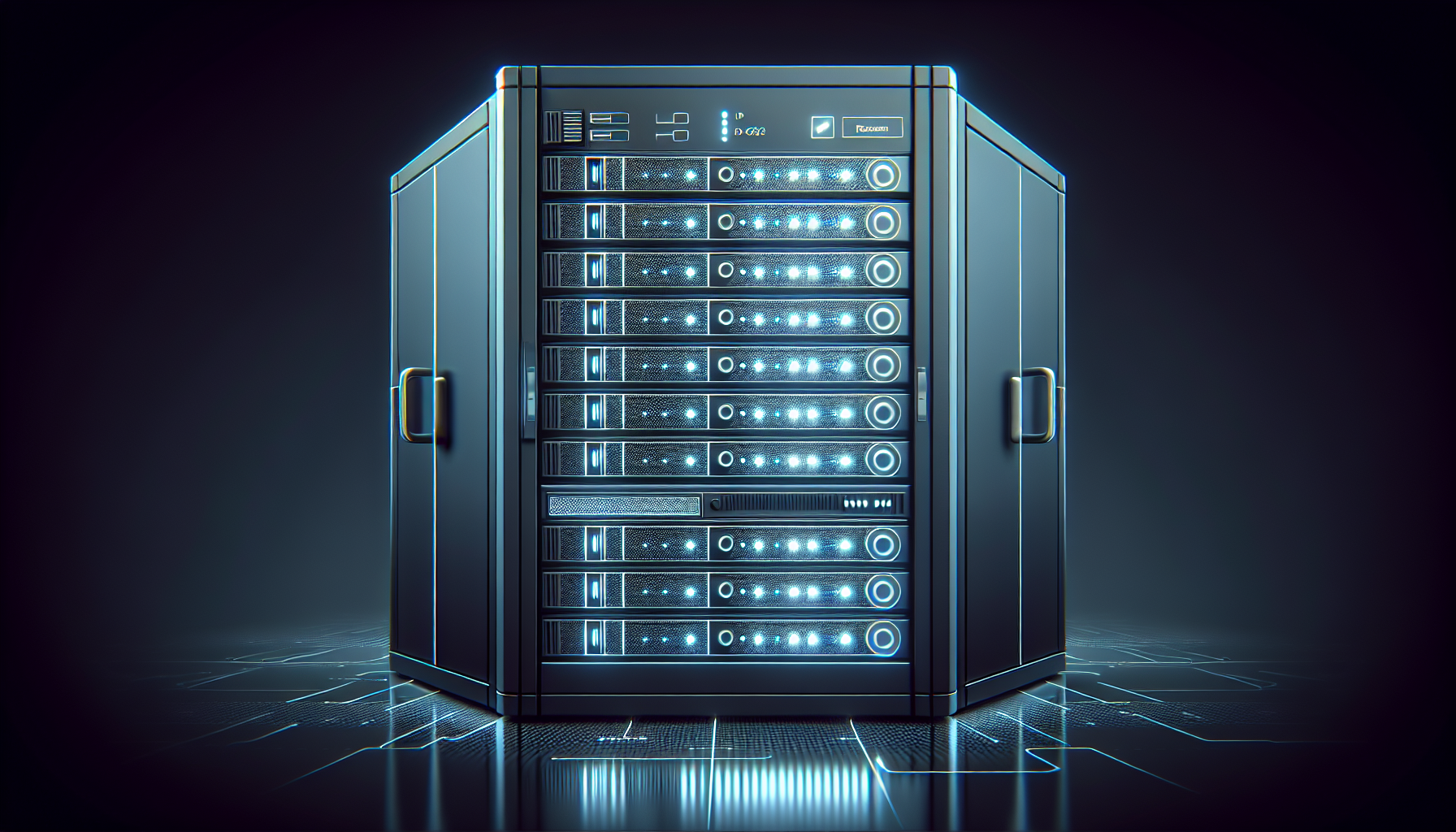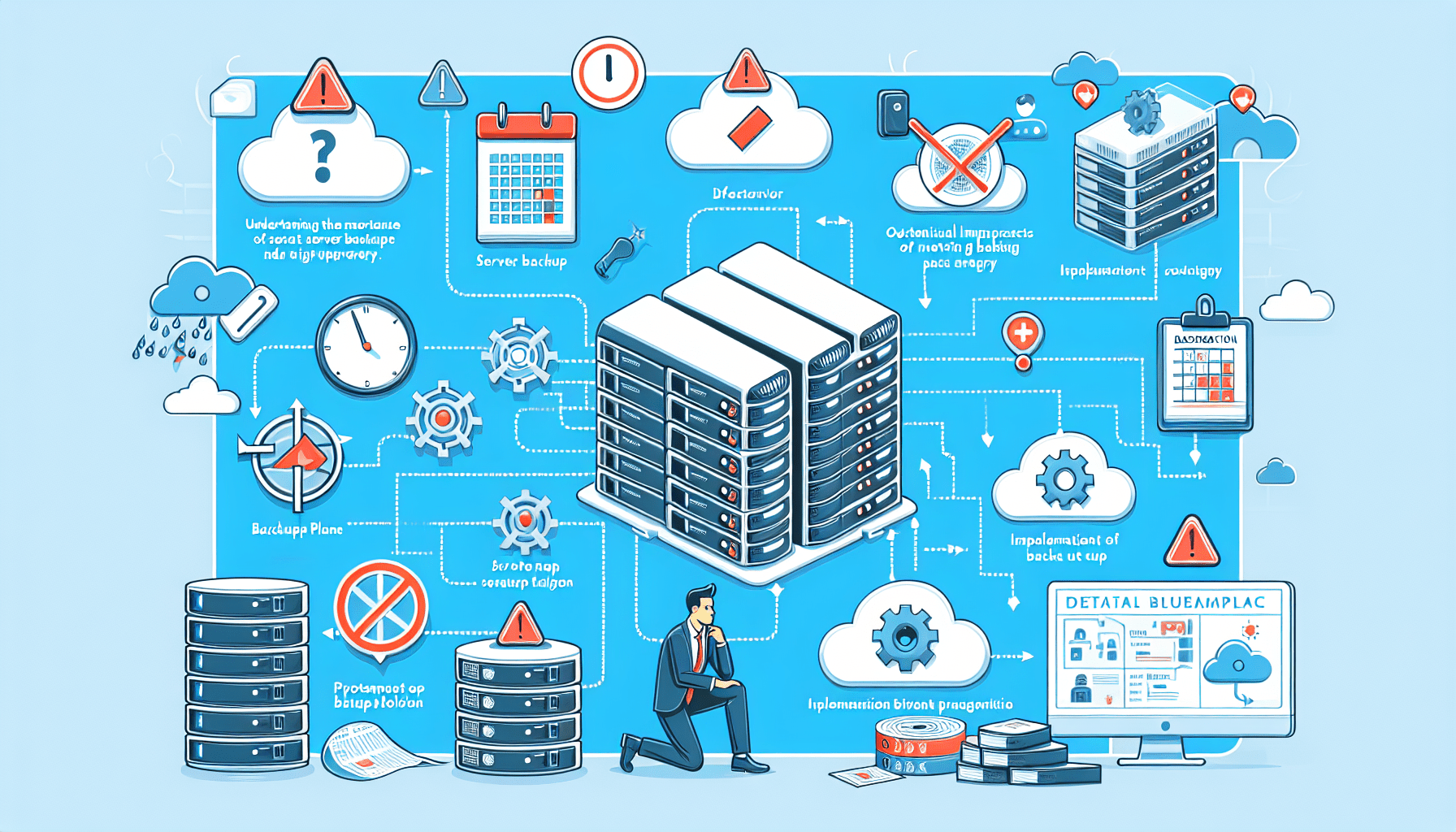Are you struggling to effectively manage your servers?
If you find yourself overwhelmed with the task of managing your servers, don’t worry – you’re not alone. Server management can be a complex and time-consuming process, but with the right tips and tricks, you can streamline your efforts and ensure that your servers are running smoothly. In this article, we’ll provide you with valuable insights on how to effectively manage your servers, so you can focus on other important tasks within your organization.
Understanding the Basics of Server Management
Managing servers involves overseeing the hardware and software components that make up a server, ensuring that they function properly and efficiently. This includes tasks such as monitoring server performance, troubleshooting issues, applying updates and patches, and ensuring security measures are in place. By having a solid understanding of the fundamentals of server management, you can effectively optimize the performance and reliability of your servers.
Get Organized with Server Documentation
One of the key aspects of effective server management is maintaining organized and up-to-date documentation. This includes keeping track of server configurations, network setups, IP addresses, software licenses, and any changes made to the servers. By documenting this information, you can easily troubleshoot issues, plan for upgrades, and ensure that all members of your team are on the same page when it comes to server management.
Utilize Automation Tools for Routine Tasks
To streamline server management processes and reduce manual labor, consider using automation tools for routine tasks such as software updates, backups, and security scans. Automation tools can help you save time, minimize errors, and ensure that tasks are performed consistently across all servers. By implementing automation in your server management strategy, you can increase efficiency and free up time for other important responsibilities.

Monitor Server Performance Regularly
Monitoring server performance is essential for identifying potential issues before they escalate into critical problems. By regularly monitoring metrics such as CPU usage, memory consumption, disk space, and network traffic, you can proactively address performance issues and optimize server resources. There are many monitoring tools available that can help you track server performance in real-time and set up alerts for unusual activity.
Implement Regular Security Audits
Server security is a top priority for any organization, as a security breach can have serious repercussions. To protect your servers from cyber threats, it’s crucial to implement regular security audits to identify vulnerabilities and weaknesses in your server infrastructure. Conducting security audits can help you strengthen your defenses, update security protocols, and ensure that sensitive data is safeguarded from unauthorized access.
Backup Your Data Frequently
Data loss can be catastrophic for any business, so it’s important to regularly backup your data to prevent loss in the event of a system failure or malicious attack. Implementing a comprehensive backup strategy that includes both on-site and off-site backups can help you restore data quickly and minimize downtime. Make sure to test your backups regularly to ensure they are working properly and can be easily restored when needed.
Scale Your Servers Appropriately
As your organization grows, your server requirements may change, necessitating you to scale your servers accordingly. Whether you need to increase storage capacity, upgrade hardware components, or add new servers to your infrastructure, it’s important to scale your servers appropriately to accommodate the evolving needs of your business. By planning ahead and anticipating future growth, you can ensure that your servers are equipped to handle increased workloads and user demands.
Train Your Team on Server Management Best Practices
Effective server management is a team effort, so it’s essential to train your team on best practices for server management. This includes educating team members on server configurations, security protocols, troubleshooting techniques, and disaster recovery procedures. By empowering your team with the knowledge and skills needed to manage servers effectively, you can enhance the overall performance and reliability of your server infrastructure.
Stay Up-to-Date with Server Technology Trends
The field of server management is constantly evolving, with new technologies and trends emerging on a regular basis. To stay ahead of the curve and maximize the efficiency of your server infrastructure, it’s important to stay informed about the latest developments in server technology. Subscribe to industry publications, attend conferences, and engage with online communities to learn about new tools, techniques, and best practices for server management.
Conclusion
Managing servers effectively requires a combination of planning, organization, and continuous monitoring. By following the tips and tricks outlined in this article, you can streamline your server management processes, improve efficiency, and ensure the optimal performance of your servers. Remember that server management is an ongoing task that requires dedication and attention to detail, but with the right strategies in place, you can set yourself up for success in managing your servers. Thank you for reading, and best of luck with managing your servers!









